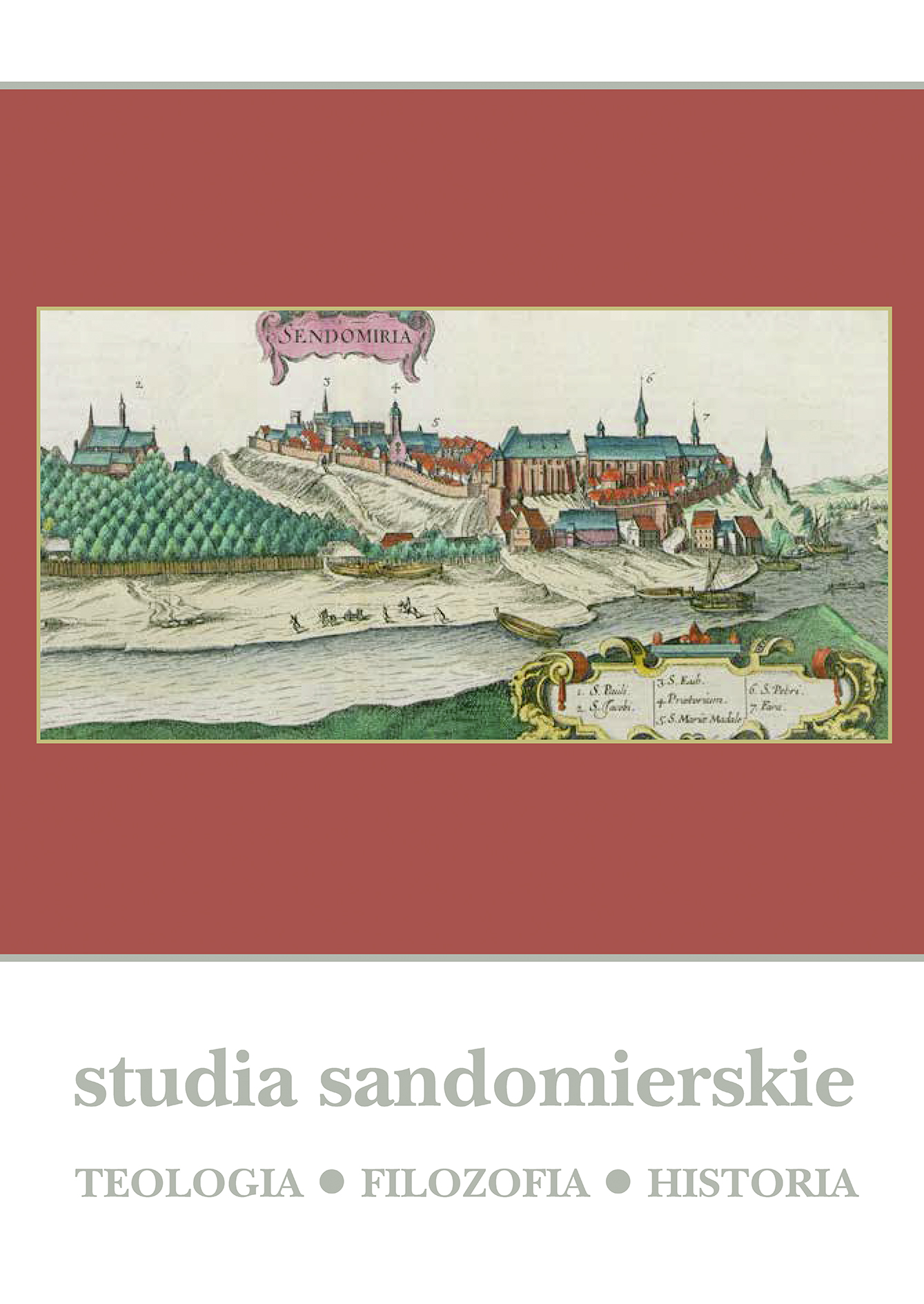Richard Bentley against atheists
DOI:
https://doi.org/10.15633/sts.3012Keywords:
Richard Bentley, the soul, infinity, randomness, gravity, theodicyAbstract
In his Boyle lectures, Richard Bentley presented arguments designed to stop the growing tide of atheistic and deistic sentiment in England. He argued for the existence of the soul and the existence of God using arguments based on science of his time, in particular, the Newtonian physics. He argued against randomness as an explanatory principle and addressed the problem of theodicy.
References
Printed sources
Bentley R., Correspondence, London 1842.
Bentley R., Eight Sermons Preach’d at the Honourable Robert Boyle’s Lecture, London 17356.
Bentley R, Works, London 1838, vol. 3.
Blomer Th., A Full View of Dr Bentley’s Letter to the Lord Bishop of Ely, London 1710.
Cicero, De Natura Deorum, Cambridge 1967.
Locke J., An Essay Concerning Human Understanding, London 1825
The Present State of Trinity College in Cambridg[e], in a Letter from Dr. Bentley, London 1710.
Elaboration
Connolly P.J., Metaphysics in Richard Bentley’s Boyle Lectures, “History of Philosophy Quarterly” 34 (2017), pp. 155–174.
Dahm J.J., Science and Apologetics in the Early Boyle Lectures, “Church History” 39 (1970), pp. 172–186.
Guerlac H., M.C. Jacob, Bentley, Newton, and Providence (The Boyle Lectures Once More), “Journal of the History of Ideas” 30 (1969), pp. 307–318.
Jebb C.R., Bentley, New York 1882.
Layton H., Observations upon a Sermon Intituled, A Confutation of Atheism from the Faculties of the Soul, Aliàs, Matter and Motion Cannot Think, [London 1692].
Monk J.H., The Life of Richard Bentley, London 1830.
Sheppard K., Anti-Atheism in Early Modern England 1580–1720, Boston 2015.
Williams J.C., Happy Violence: Bentley, Lucretius, and the Prehistory of Freethinking, “Restoration: Studies in English Literary Culture, 1660–1700” 38 (2014), pp. 61–80.
Downloads
Published
Issue
Section
License
Copyright (c) 2024 Adam Drozdek

This work is licensed under a Creative Commons Attribution 4.0 International License.
Authors who publish with this journal agree to the following terms:
- Authors retain the copyright and full publishing rights without restrictions, and grant the journal right of first publication with the work simultaneously licensed under a Creative Commons Attribution 4.0 International License that allows others to share the work with an acknowledgement of the work's authorship and initial publication in this journal.
- Authors are able to enter into separate, additional contractual arrangements for the non-exclusive distribution of the journal's published version of the work (e.g., post it to an institutional repository or publish it in a book), with an acknowledgement of its initial publication in this journal.
- Authors are permitted and encouraged to post their work online (e.g., in institutional repositories or on their website) prior to and during the submission process, as it can lead to productive exchanges, as well as earlier and greater citation of published work (See The Effect of Open Access).

